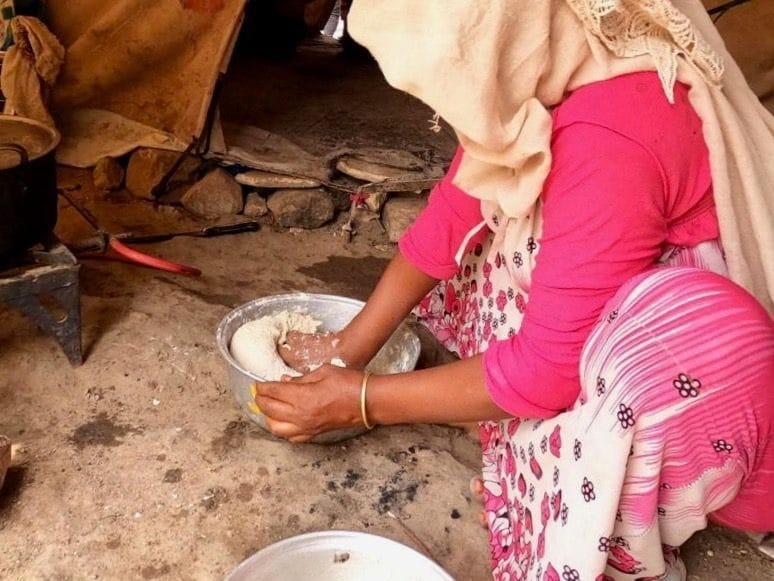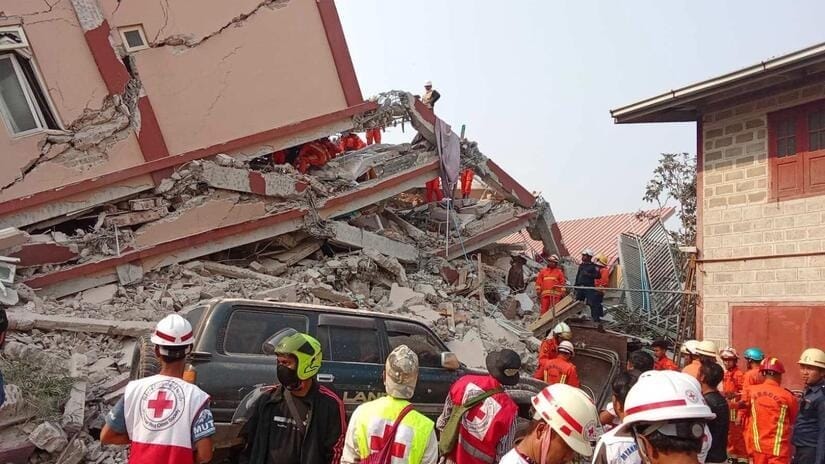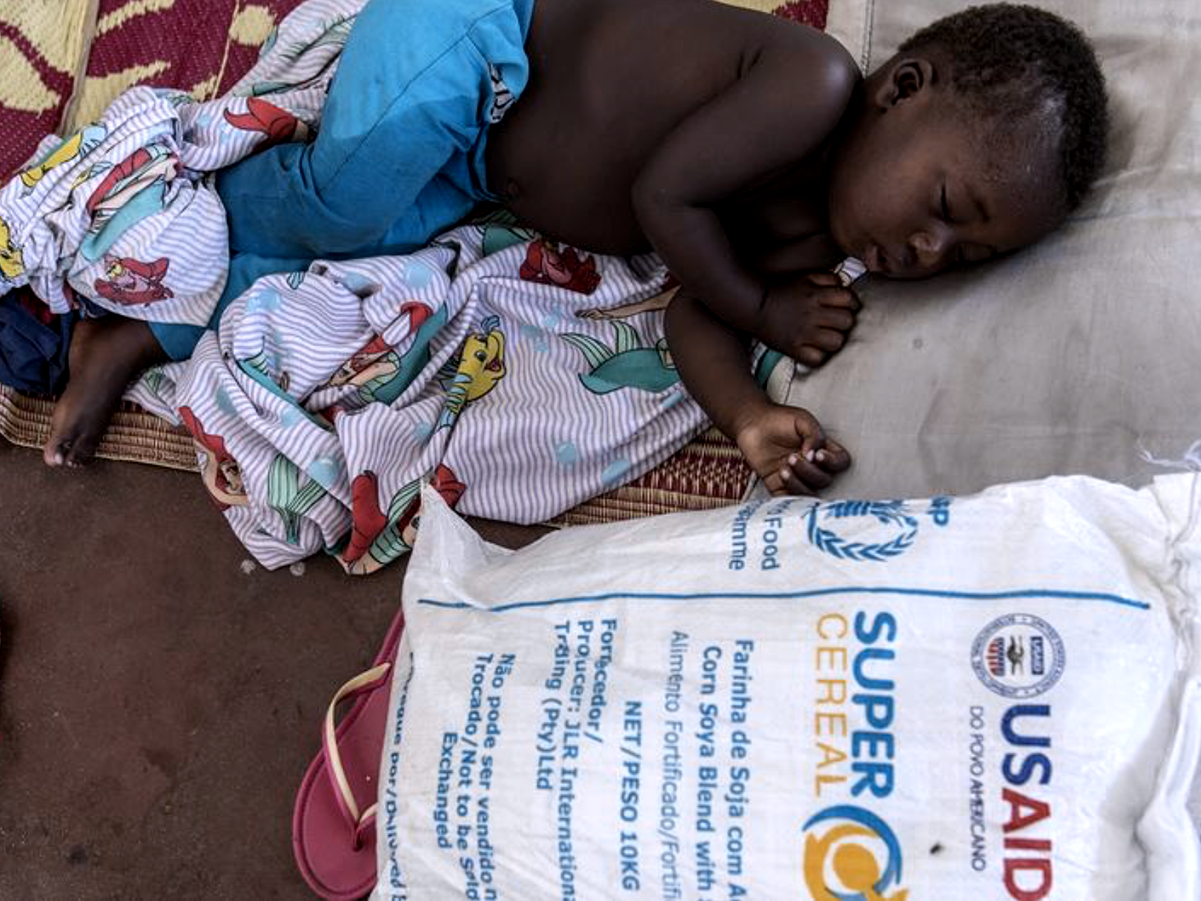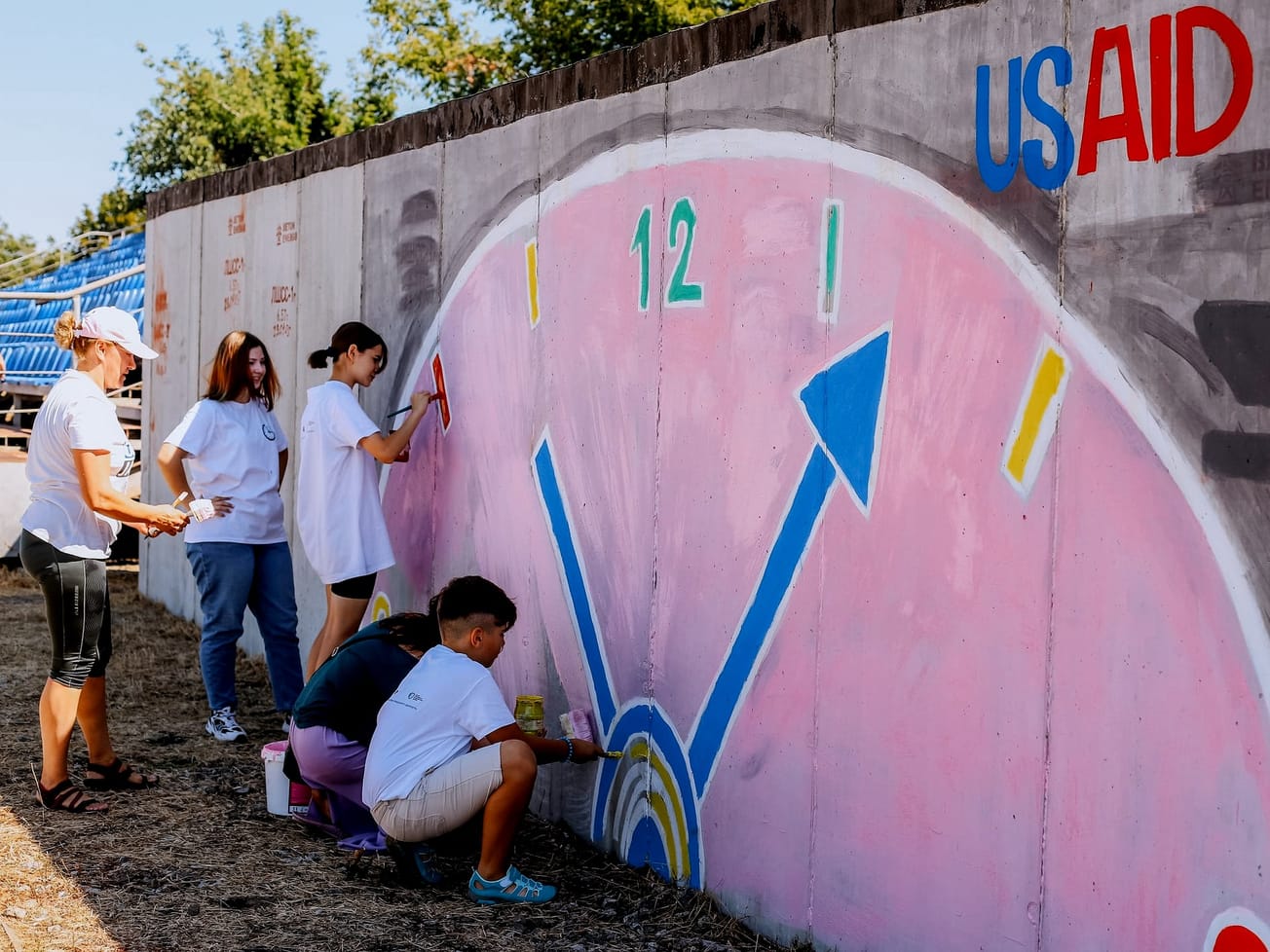International donors contributed US$1.7 billion for people starving in Yemen, an amount that leaders of humanitarian organizations called disappointing because it is less than half of what is desperately needed for the impoverished nation.
The United Nations-sponsored appeal on Monday, co-hosted by Sweden and Switzerland, sought almost US$4 billion this year to bring aid to a nation in the grips of the world's worst humanitarian disaster.









